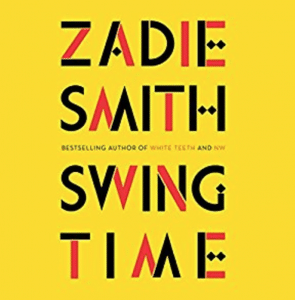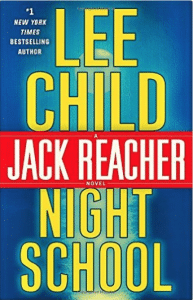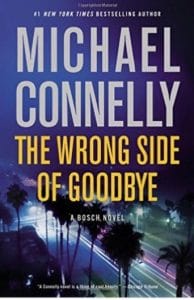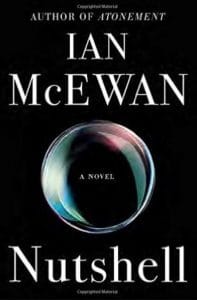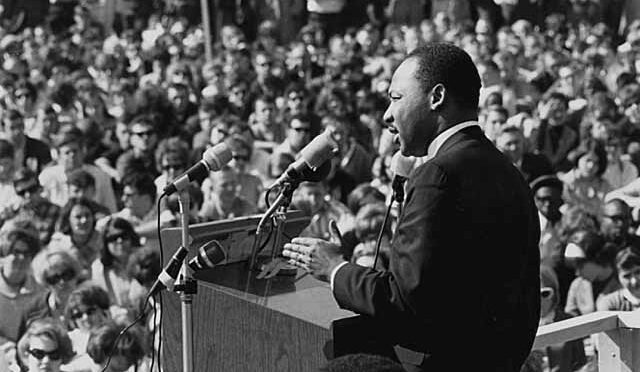We can complain about 2016 as a strange and perhaps horrible year, but some things made it shine. I escape often into the world of books where I found outstanding writers and narrators who created pleasure for me and other readers and listeners. They deserve praise for providing much-needed distraction.
Zadie Smith, Lee Child, Ian McEwan, Michael Connally, Edna O’Brien, Han Kang, Delia Ephron, Ann Patchett, Deborah Levy, Tana French, Carl Hiaason, and Elizabeth Strout top the list of the writers whose books stand out for me in 2016.
I’m grateful to these writers who told stories that entertained and stimulated new ideas. And the narrators Pippa Bennett-Warner, Hope Davis, Juliet Stevenson, Titus Welliver, Janet Song, Steven Park, Talia Balsam. Katie Finneran, John Slattery, Darren Goldstein and Kimberly Farr made the books even more special.
LISTEN
When the epilogue ended and the music cued signalling I had finished Zadie Smith’s Swing Time, I almost shouted, “Oh. No.” Smith’s sharp observation about class and color, her great ear for dialogue and Pippa Bennet-Warner’s brilliant performance made the book compulsive listening.
Swing Time, like Elena Ferrante’s My Brilliant Friend tells the story of two best friends, their love, their competition and the kind of understanding that binds them.
The narrator takes us back to 1982 when she was seven and her friendship with Tracy, another mixed race girl, begins. She says, “Our shade of brown was exactly the same. As if one piece of tan material had been cut to make us both.” The girls live in adjacent housing estates on the outskirts of London and bond at dancing class. Tracy has the talent. But the narrator, smarter in her way, has better parents. Tracy’s white slovenly mom gets beaten by her wandering father whenever he returns. The narrator’s loving father, a postman, adores her and her ambitious West Indian mother who wants to elevate the family. The mom dedicates herself to reading and learning. She earns a spot in a university, becomes a community activist, then a councilor and then a member of Parliament, leaving her husband behind.
Dance plays a central role. The girls watch movie musicals as they study the moves of Fred Astaire in Swing Time, the Nichols Brothers and an African-American dancer called Jenny LeGrand. The story follows them as Tracy moves on to a dance academy and then to the professional chorus, which she never gets beyond. She also remains stuck in the housing estate.
The narrator leaves to go to university and becomes a personal assistant to a Madonna-like pop star. Her life broadens as her job takes around the world. She visits Gambia repeatedly where the pop star sets up a foundation to educate girls. Yet she remains detached, a woman without strong feelings, failing to make real choices, watching the world go by.
In their late teens and early twenties Tracy and the narrator drift apart. Nearly a decade passes before the narrator seeks her out. I won’t spell out the rest, but if you’re like me you’ll find points in the narrative where you want to shake this thirty-something woman awake and scream at her to grow up.
But then again, I remembered being almost as selfish and self-concerned at that age.
In the end, I cared about and loved Swing Time.
LISTEN:
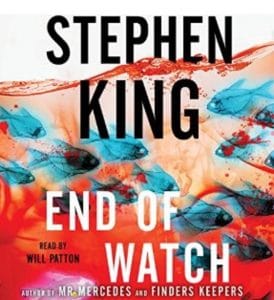
End of Watch mashes up the detective genre, police procedurals, the supernatural and everything fans of Stephen King love. Retired Chicago detective Bill Hodges and his partner Holly Gibney try to stop the evil doings of Brady Hartsfield, whom Gibney labels an “architect of suicide.” Hartsfield lies in a hospital’s traumatic brain injury unit and still manages to do close to his worst.
I won’t spoil the plot, but King respects his characters and imbues them with the rich detail and emotion that quashes any queasiness you may have about the reality-stretching situations. I didn’t listen or read the first three books, but Holly Gibney seems to suffer from Asperger Syndrome and figures out the complicated stuff. Her warm relationship with the no-nonsense Bill Hodges and their young friend and sometime sidekick Jerome Robinson makes you smile and root for them all the way.
Narrator Will Patton magically brings the characters and the story to life and keeps you listening.
READ:
In Night School Lee Child puts Jack Reacher back in the Army as a major. Reacher gets called up to help an elite team that includes the National Security Agency (NSA), the CIA and the FBI to figure out what Jihadi terrorists in Berlin are planning.
It becomes a race to discover what an AWOL soldier stole and plans to sell to Al Qaeda for $100 million. Reacher stays one step ahead of everyone else and he and his Sergeant Frances Nagley get in enough trouble to make this an exciting read as the plot turns in unexpected ways.
Of course, Reacher finds his kind of romance, a relationship with an NSA official. Child describes Reacher’s attraction with his typical minimalism: “the black dress, the pearls.” Somehow that sketches it all in.
I found it satisfying and fun to read and liked having Reacher back in the army.
LISTEN:
While we’re in action mode, Michael Connelly’s The Wrong Side of Goodbye has all the good grit and drama you want from a police procedural. His Harry Bosch, an outsider once with the L.A.P.D., now works part-time for the San Fernando Police Department and takes private cases on the side.
Titus Welliver narrates the story in just the right way. His deep, slow interpretation draws you into Bosch’s weary and leery world where everyone including his police colleagues and his private clients have secret agendas. His warm relationship with his daughter makes Harry more than stick figure.
I enjoyed spending time with Bosch.
READ:
Nutshell by Ian McEwan. What a book. I hugged it close when I finished reading. McEwan tells a magical tale of a fetus who eavesdrops on his mother’s plan to kill his father. The Hamlet-like unborn has learned about life, literature, music and the world through the podcasts, audiobooks and BBC broadcasts his mother listens to for self-improvement.
His father John, a poet and small-time poetry publisher, lives elsewhere while his beautiful green-eyed mother and father’s brother Claude have sex in the family home. Claude and the mom plot the murder, while our narrator worries about his father and his own future, and tries to stop the murder. Throughout the fetus in the nutshell talks about Keats and James Joyce’s Ulysses, politics and climate change.
The title comes from a line in Hamlet, “Oh God, I could be bounded in a nutshell and think myself a king of infinite space – were it not that I have bad dreams.”
It is all beautiful, literate, strange and clever as McEwan explores innocence and evil and I bet you, too, will feel sorry when he wraps up this short book.
LISTEN:
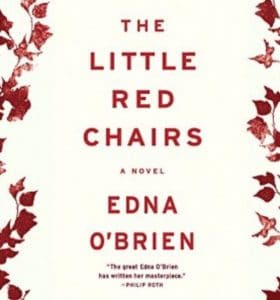
The Little Red Chairs, written by Edna O’Brien and masterfully narrated with depth, sensitivity and understanding by Juliet Stevenson, brings you into the world of Fidelma McBride, the beauty in a small Irish village. A stranger from the Balkans comes to town and sets up a holistic medical practice. He bewitches all of the women, especially Fidelma, who falls in love with him.
She and others don’t now that he’s a Bosnian war criminal. When people from his past come to even the score with him, Fidelma McBride finds herself in the crosshairs with awful consequences.
O’Brien takes us on a journey of discovery with Fidelma as she works to rebuild her life, discover what really matters and who this evil man really was.
The richly woven story moves from Ireland to London and to the war crimes tribunal in the Hague. It explores the meaning of home, the life of immigrants, love and evil. Everything about The Little Red Chairs and Juliet Stevenson’s performance feels perfect.

